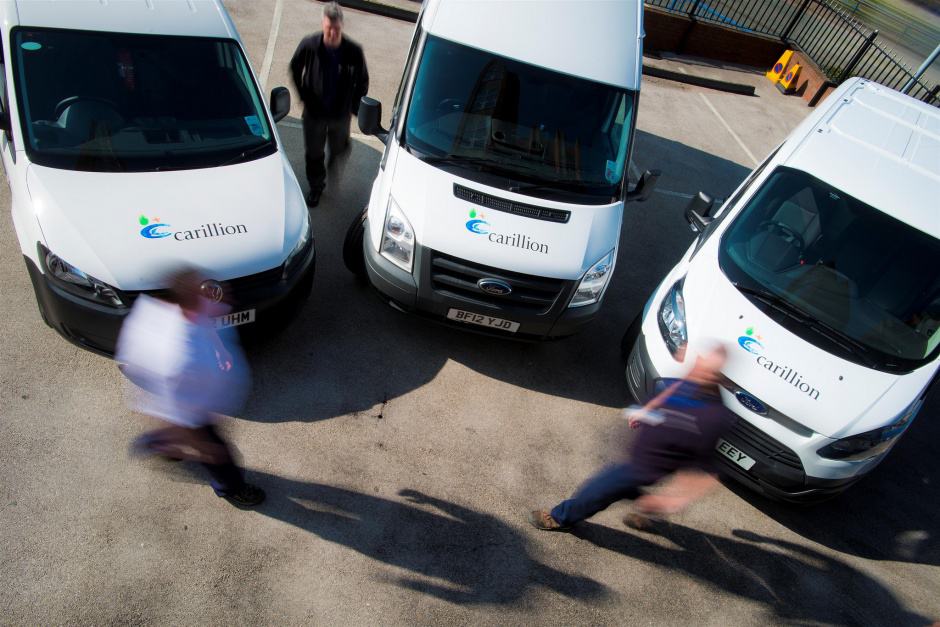Last week's poll: Carillion collapse
The collapse of Carillion raises many questions, including those surrounding the viability of public-private initiatives and the government’s apparent failure to practice effective due diligence before awarding contracts.

Before it went into liquidation on January 15, 2018, Carillion was one of the government’s biggest private contractors. In the UK alone it could count 20,000 staff working on construction projects and delivering services to UK schools, prisons, hospitals and the MoD.
In 2017 Carillion issued three profit warnings but was still awarded contracts worth £1.3bn to build key sections of the planned HS2 network.
The subsequent collapse of the company now raises questions about the delivery of key construction projects and maintenance of critical infrastructure.
In the near term, the company’s official receiver says employees, agents and subcontractors should continue to work on public services, offering reassurances that they will be paid. The situation isn’t as clear cut for those employees working on private contracts, although some suggest that work undertaken in consortium could see Carillion employees absorbed into partner companies.
The current predicament is compounded further down the supply chain where around 30,000 individual firms are owed money by Carillion.
Register now to continue reading
Thanks for visiting The Engineer. You’ve now reached your monthly limit of news stories. Register for free to unlock unlimited access to all of our news coverage, as well as premium content including opinion, in-depth features and special reports.
Benefits of registering
-
In-depth insights and coverage of key emerging trends
-
Unrestricted access to special reports throughout the year
-
Daily technology news delivered straight to your inbox










UK Enters ‘Golden Age of Nuclear’
The delay (nearly 8 years) in getting approval for the Rolls-Royce SMR is most worrying. Signifies a torpid and expensive system that is quite onerous...